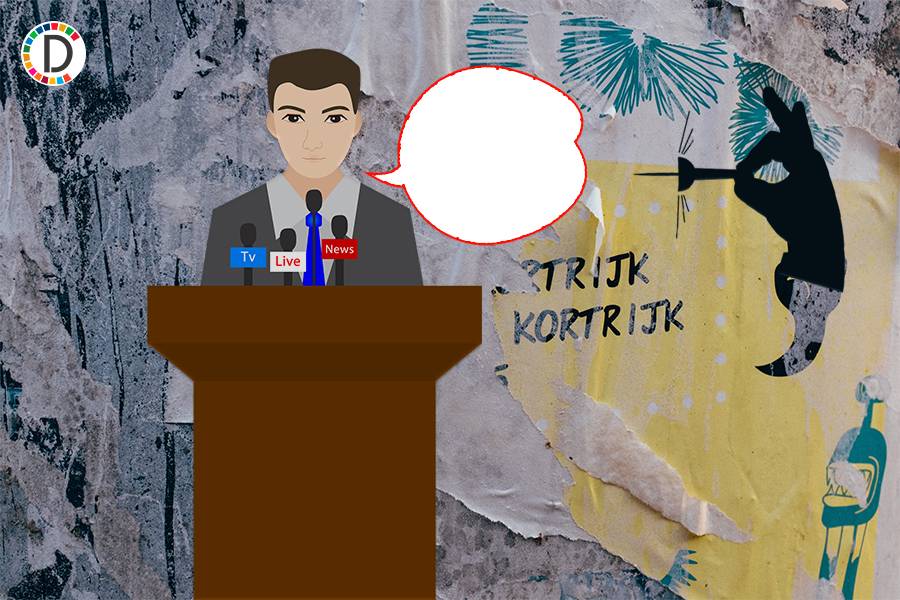South Africa's Education Bill Sparks Political Rift
South African President Cyril Ramaphosa plans to sign a disputed education bill into law, causing friction within his unity government. The Democratic Alliance, a coalition partner with the ANC, claims the bill breaches the agreement that formed the government. DA leader John Steenhuisen emphasized the potential dangers to the coalition.

South Africa's political landscape is experiencing mounting tension as President Cyril Ramaphosa prepares to sign a contentious education bill into law. This decision has led to the first significant friction within his unity government, particularly with the Democratic Alliance (DA), the coalition's second largest party.
Ramaphosa's spokesperson called for restraint after the DA announced that the bill jeopardizes the coalition agreement. Despite ideological divergences, the DA joined forces with Ramaphosa's African National Congress (ANC) post the May election that saw the ANC lose its parliamentary majority. DA leader John Steenhuisen stated that passing the bill would violate the agreements that underpin the government of national unity, with serious implications for its future.
The disputed bill seeks to amend basic education laws, with a key clause increasing government oversight on schools' language and admission policies, a sensitive issue linked to racial integration. The DA has argued for the rights of school governing bodies to set language policies, a stance supported notably by South Africa's Afrikaans-speaking community. The presidency confirmed that Ramaphosa would sign the Basic Education Laws Amendment (BELA) bill in a ceremony on Friday in Pretoria.
(With inputs from agencies.)










